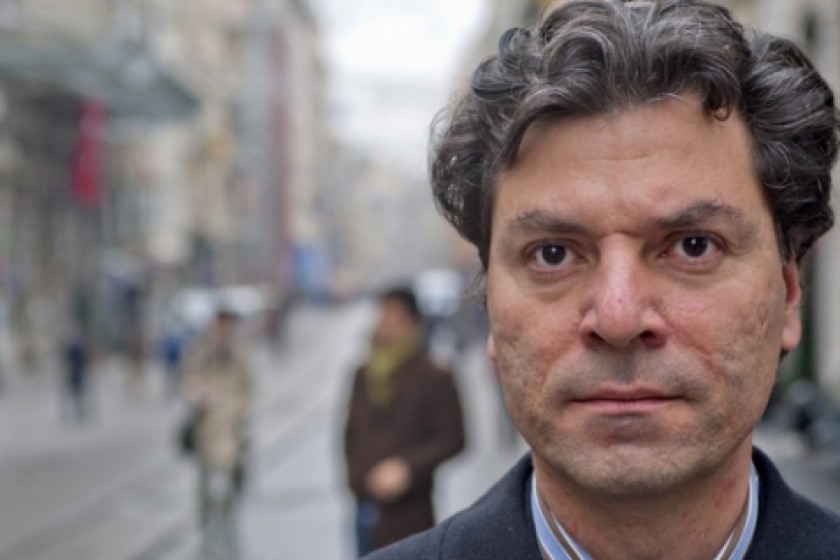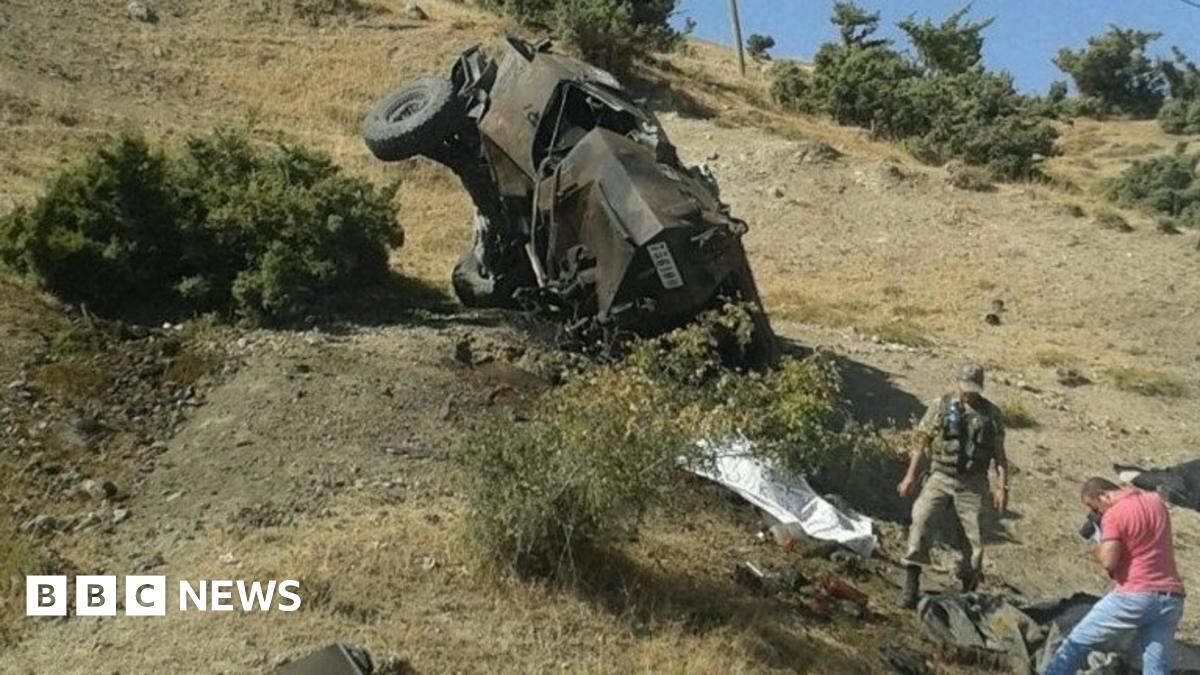Re: Prospects of a Kurdish state and what it means for Armenia
NB: There is huge difference between the Kurdish and Turkish accounts on the other sides losses.
I did not make a survey, but if we add all the claimed Kurdish accounts, they already killed more than 300 askars, while turks report only something arround 40....
Same goes about turkish claims, about pkk losses by air raids in Southern Kurdistan.
Accordink turks they already killed more than 400 pkk....
NB: There is huge difference between the Kurdish and Turkish accounts on the other sides losses.
I did not make a survey, but if we add all the claimed Kurdish accounts, they already killed more than 300 askars, while turks report only something arround 40....
Same goes about turkish claims, about pkk losses by air raids in Southern Kurdistan.
Accordink turks they already killed more than 400 pkk....







Comment